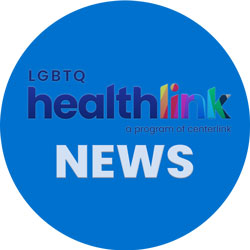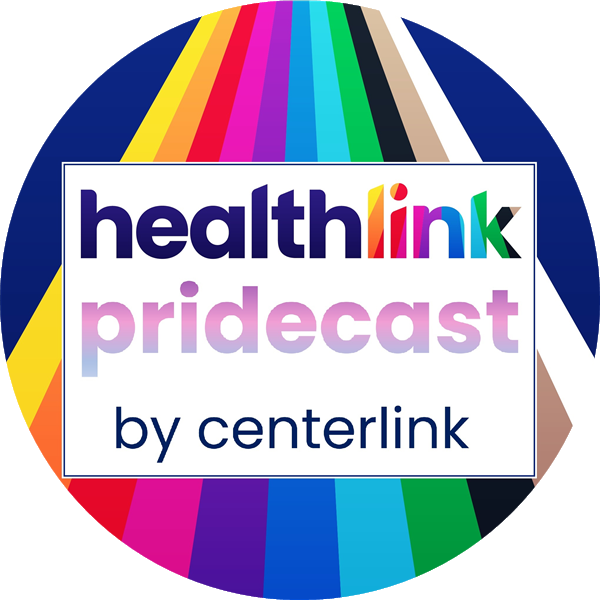Anti-trans Discourse Harming Youth – #LGBTWellness Roundup

LGBT HealthLink, 2/13/2023
Anti-trans Discourse Harming Youth
The Trevor Project published new research on the negative impact that even debate on anti-LGBT policies have on youth. The vast majority (86%) of trans and nonbinary youth said that debate around anti-trans legislation had a negative impact on their mental health. Specifically, almost half (45%) said such bills led them to experience cyberbullying, and one in three avoided seeking necessary healthcare out of fear. They also expressed other negative outcomes, like no longer speaking to certain family members or friends, facing in-person bullying, or seeing LGBTQ affirming materials taken down at schools. Large portions of the youth also expressed anger at policies that would negate their right to have their pronouns respected, ban LGBTQ topics at school, and ban LGBTQ books from libraries.
Hormone Therapy and Youth Mental Health
On the other hand, NBC news reported on how to improve the health of trans teens. They unpack a new study from the New England Journal of Medicine finding that after two years on hormone therapy, trans youths had higher life satisfaction and less evidence of depression and anxiety than they did before. The effects were especially notable among youth designated as female at birth; researchers suggest that changes for youth designated as male at birth may require a longer course of treatment to really reach the desired results, although also noted that factors like lower social acceptance of transfeminine individuals could be partially responsible for the difference. Nevertheless, the research is more evidence that gender-affirming care for youth has numerous health benefits.
Examining Stroke Risk in LGBT Patients
Neurology Clinical Practice published a study finding that LGBT people may be at higher risk to experience a stroke at a relatively young age, or to experience a recurrence of stroke, when compared to their non-LGBT peers. The study compared LGBT patients with 78 non-LGBT patients, all of whom were treated for a stroke. Some risk factors for stroke – including HIV, syphilis, and substance use – were higher among the LGBT patients, potentially elevating their risk. Smoking rates and vascular health effects of discrimination were also on researchers’ list of potential factors raising risk for LGBT patients, suggesting providers should be aware of these issues and counsel patients accordingly.
Rural Trans Folks Search for Care
CBS News reported on the challenges facing trans folks in rural areas regarding access to gender-affirming care, which many providers outside of major urban areas either do not have training to provide, do not want to provide, or both. This can lead to long drives (for those who are able to do so) to receive routine and necessary care. Part of the problem is a lack of training on gender-affirming care in medical schools, which one organization in Colorado addressed through a novel program to train rural providers on how to offer quality gender-affirming care in their areas.
Scottish Gender Law to Be Blocked
Gay City News reported that the British government will be blocking a new Scottish law that would make it easier for people to change their legal gender marker. Those opposing the law signaled that it would violate (rather than bolster) gender protections in the broader British legal system, while advocates say it is important for trans people to be able to have correct documents and access services. The battle is also a proxy over how much authority the Scottish government should have with respect to broader Britain.
Cambodia Poised for Progress
In more news from abroad, the United Nations reported that Cambodia is well-positioned to make progress on the social inclusion of LGBT people. The UN experts found support for the dignity and value of LGBT people during government interviews and did not hear any reports of widespread or systemic violence in conversations with LGBT people, although a lack of data on LGBT people in the country remained a major barrier. The UN encouraged Cambodia to move forward on three commitments under consideration, including regarding same-sex marriage, gender marker changes, and anti-discrimination laws.




